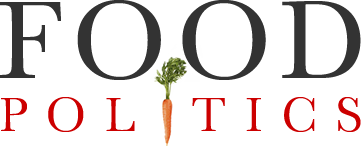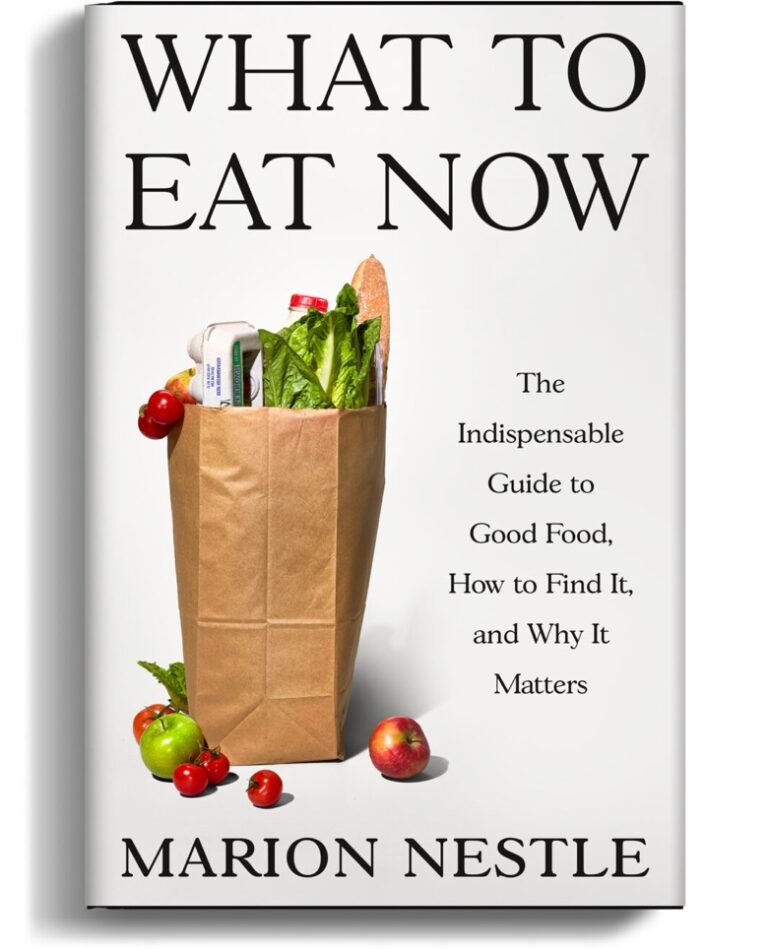The Institute for Food Technology , which publishes Food Technology, has been exploring the growing challenge of misinformation and the importance of building public trust in food science. Alongside highlights from IFT FIRST sessions on myth busting and ...
| © Marion Nestle. You're receiving this email because you've signed up to receive updates from us. If you'd prefer not to receive updates, you can unsubscribe. |
|
| | |


.png)

No comments:
Post a Comment